Partner and Acquaintance Rape: Understanding Consent and Power Dynamics
Partner and acquaintance rape is a serious issue that affects many survivors, often within relationships or social circles. It’s important to understand that rape is never the survivor’s fault, and it involves a misuse of power, control, and a breach of consent.
While this page addresses individual experiences, it’s essential to recognise the broader societal issues, such as gendered power imbalances and cultural conditioning, that contribute to such violence. Until these systemic issues are addressed, changes in male/female relationships will remain superficial and individual.
What is Partner and Acquaintance Rape?
Partner and acquaintance rape occurs when someone forces or coerces a partner or someone they know into sexual activity without consent. It’s important to note that consent to one act (such as a kiss) does not mean consent to other acts, such as sexual intercourse.
Partner Rape: This happens when an intimate partner forces sex on the other partner without consent.
Acquaintance Rape: This occurs when someone you know, whether a friend, colleague, or acquaintance, forces sexual activity upon you without your consent.
Background Information and Facts
Over 90% of survivors of partner and acquaintance rape know their attacker. This highlights that these crimes often happen in relationships, within social circles, or in situations where there’s a level of trust.
Gendered power imbalances, societal expectations, and the belief that men’s sexual urges must be satisfied by women contribute to a culture of coercion and manipulation. These attitudes continue to affect our understanding of consent in relationships.
Survivors Do Not Rape: Perpetrators Do
It is crucial to understand that survivors are never to blame for the violence committed against them. The responsibility always lies with the perpetrator. Everyone has the right to set sexual limits, to be assertive about what they want, and to respect others’ autonomy.
Here's some important things to remember
You have the right to say no at any point, whether you're in a relationship or with an acquaintance.
You have the right to communicate your sexual boundaries and be respected.
You have the right to make your own choices about where you want to be, what you wear, and your decisions about alcohol or drugs.
Causes of Partner and Acquaintance Rape
Several factors contribute to the occurrence of partner and acquaintance rape, including:
Peer pressure
The social expectations that influence decisions and behaviour.
Sex-role stereotyping and cultural messages
Cultural norms that teach men they are entitled to sex, and women are expected to provide it.
A desire for power and control
Some perpetrators use sex as a means of asserting control or dominance over another person.
Common Myths and Misconceptions About Sex, Rape, and Consent
There are many misunderstandings around consent, coercion, and rape. Here are some common myths:
Jane Smith
“Saying no will hurt their feelings.”
The fear of hurting someone’s feelings should never outweigh your right to consent.
“Coercive rape isn’t really rape.”
Survivors of coercion often don’t recognise their experience as rape due to manipulation or emotional pressure.
“Control and possessiveness are a sign of love.”
Many people confuse unhealthy control and jealousy with love. This is not the case.
“Perpetrators don’t see their actions as rape.”
Many rapists do not understand that forcing someone into sexual activity without consent is a crime.
“Coerced sex is romantic.”
Society often romanticises coercion. The truth is, coerced sex is rape.
Why Does Coercion Happen?
Coercion and sexual violence often stem from deep-rooted cultural messages, peer pressures, and a desire for control. Addressing these underlying causes is key to prevention.
Social Norms
In some cultures, men are taught to view women as objects whose purpose is to fulfill their desires.
Peer Pressure
Social groups often perpetuate harmful ideas around sex and relationships.
Power Dynamics
Many perpetrators seek to assert dominance over another person, using sex as a tool to do so.
The Role of Alcohol and Drugs
Many perpetrators use alcohol or drugs to impair the other person’s ability to consent, furthering their control. Rape is not excused by these factors, the perpetrator is responsible for their actions, regardless of external circumstances.
Supporting Survivors of Partner and Acquaintance Rape
If you or someone you know has experienced partner or acquaintance rape, it’s important to understand that help and support are available. Survivors often face emotional, physical, and psychological challenges, but healing is possible.
You can access support through:
24/7 crisis support: Call us anytime at 0800 614 614.
Social work and advocacy services: We provide legal, medical, and emotional support to help you through the process.
Educational resources: We are here to educate, empower, and help prevent further abuse.
Are you ready to take the next step?

Contact
0800 614 614 (24/7)
06 370 8446
We are a 24/7 crisis line, however we may not be able to answer your call straight away, please leave a message for us to get back to you as soon as possible. If it is an emergency hang up and call 111. Alternatively you can submit a form under the 'Contact Us' tab if your call is not urgent & we will be in contact ASAP.
35-37 Chapel Street, Departmental Building Masterton
Office hours 8.30 AM - 2.30 PM Monday - Friday, please call as appointments are preferred

